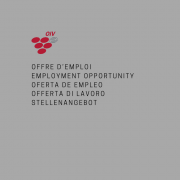
Job description
Provide secretarial services for the Viticulture Commission, the Table grapes, raisins and unfermented vine products Sub-Commission and associated expert groups.
More information and recruitment conditions
Application form (our website only allows documents in pdf format. To request the application form in word format please contact job@oiv.int)
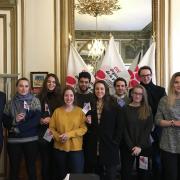
In February, at the OIV headquarters, the General Secretariat of the Organisation hosted numerous students from different training programmes who wished to explore different aspects of the global vitivinicultural field and its international governance.
Students on the Master II in International Administration at Paris Panthéon-Assass University discovered the legal aspects of the management of an intergovernmental organisation and its specific characteristics, while those on the Master II in Wine and Spirits Law at the University of Reims Champagne-Ardenne looked at the legal issues of the sector related to geographical indications or labelling, and students on the Bachelor Sc in International Wine Business (IWB) at Hochschule Geisenheim University focused on economic developments in the sector and markets.
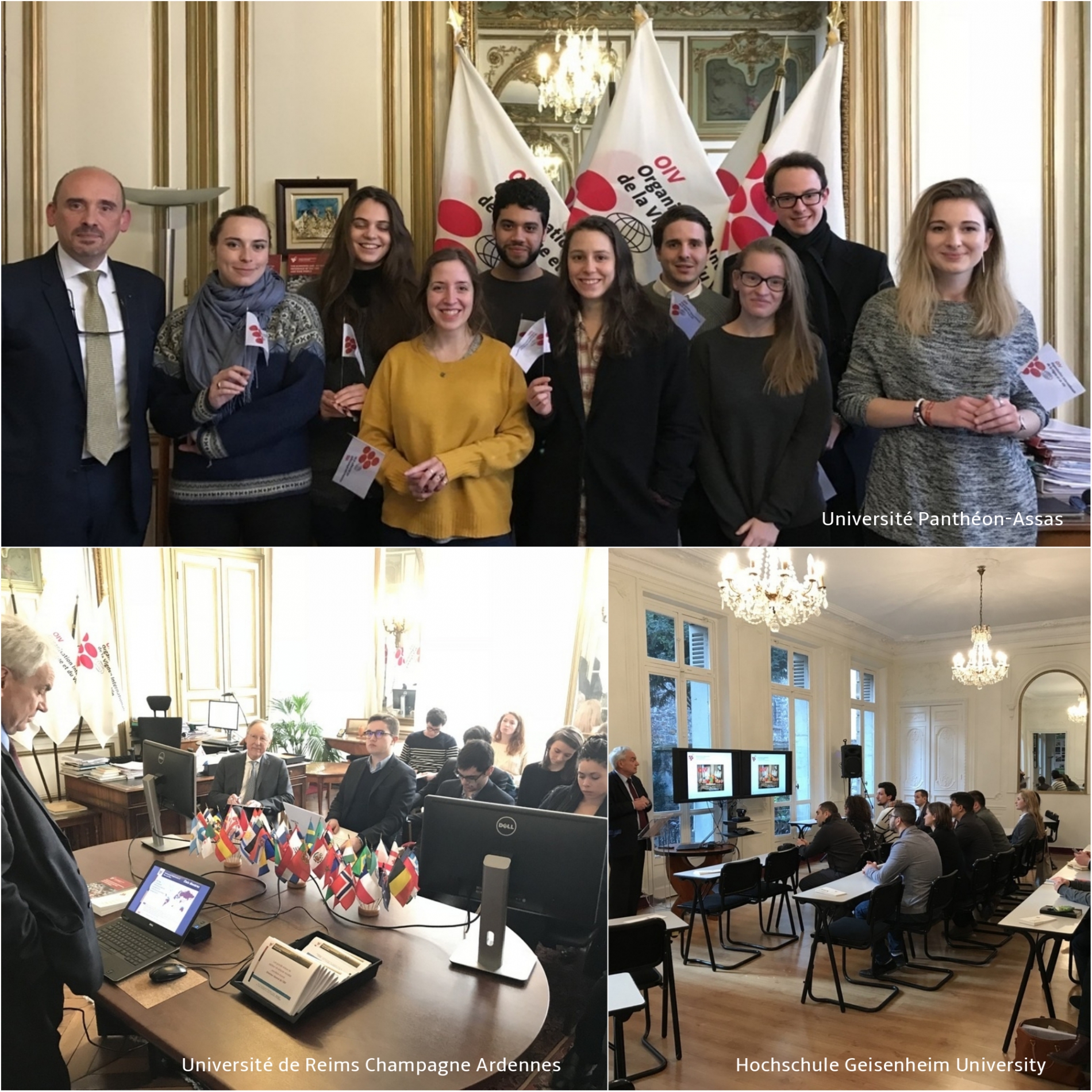
The Director General of the OIV was heavily involved in these meetings in order to exhibit the missions of the OIV and the way it functions, and to present the major trends and issues in the sector. Before these students, who came from 10 or so different countries, Jean-Marie Aurand also recalled the importance and investment of the OIV in training upcoming generations who will be called upon to manage the sector. The Organisation conducts this in particular via the "Training" Expert Group, which has defined minimum levels of training for the positions of oenologist and sommelier, and also through the database of international vitivinicultural training programmes.
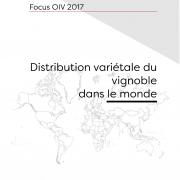
After focusing on sparkling wines in 2014, rosé wines in 2015, and table and dried grapes in 2016, the International Organisation of Vine and Wine (OIV) presents a new focus report on grapevine varieties.
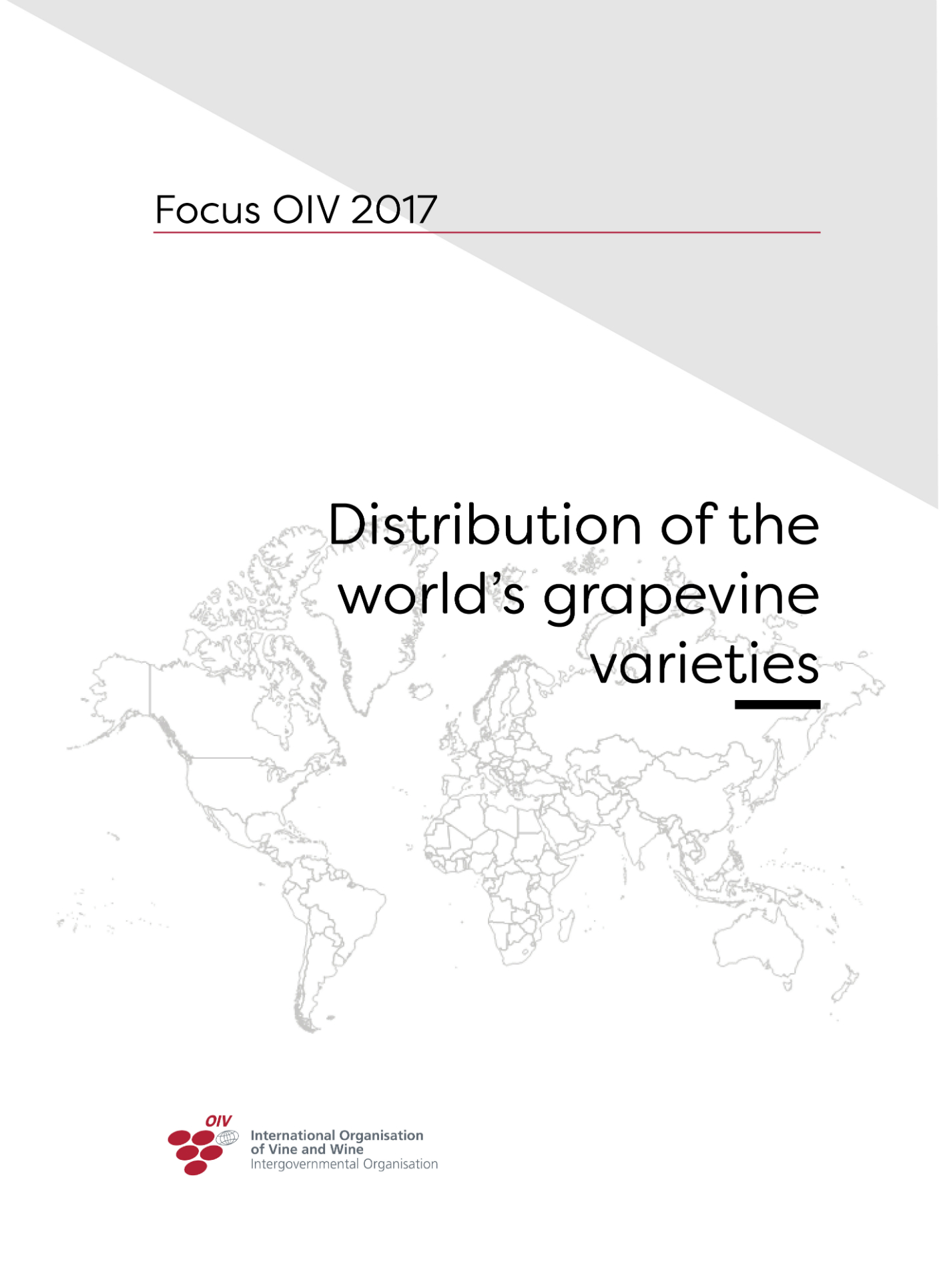
The world’s vine stock, composed by more than 10,000 varieties, has undergone considerable change over the last 15 years. The study provides an overview of the distribution of the world's grapevine varieties and examines current trends. It focuses on all varieties, regardless of how the grapes are used (wine, table, dried or otherwise), encompassing 75% of the world's area under vines.
The analysis is based on data available on 44 countries since 2000, and focuses on those with a vineyard area above 65,000 hectares and their 10 main varieties.
Please note that a table providing the data used in the report is also available here.
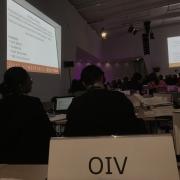
Among the items on the agenda for this session, the delegations from Member States present discussed the revision of the maximum limits on lead in food, including those for wine. Within this framework, the working group established in 2017 recommended reducing the maximum limit in the current Codex from 0.20 mg/kg to 0.05 mg/kg.
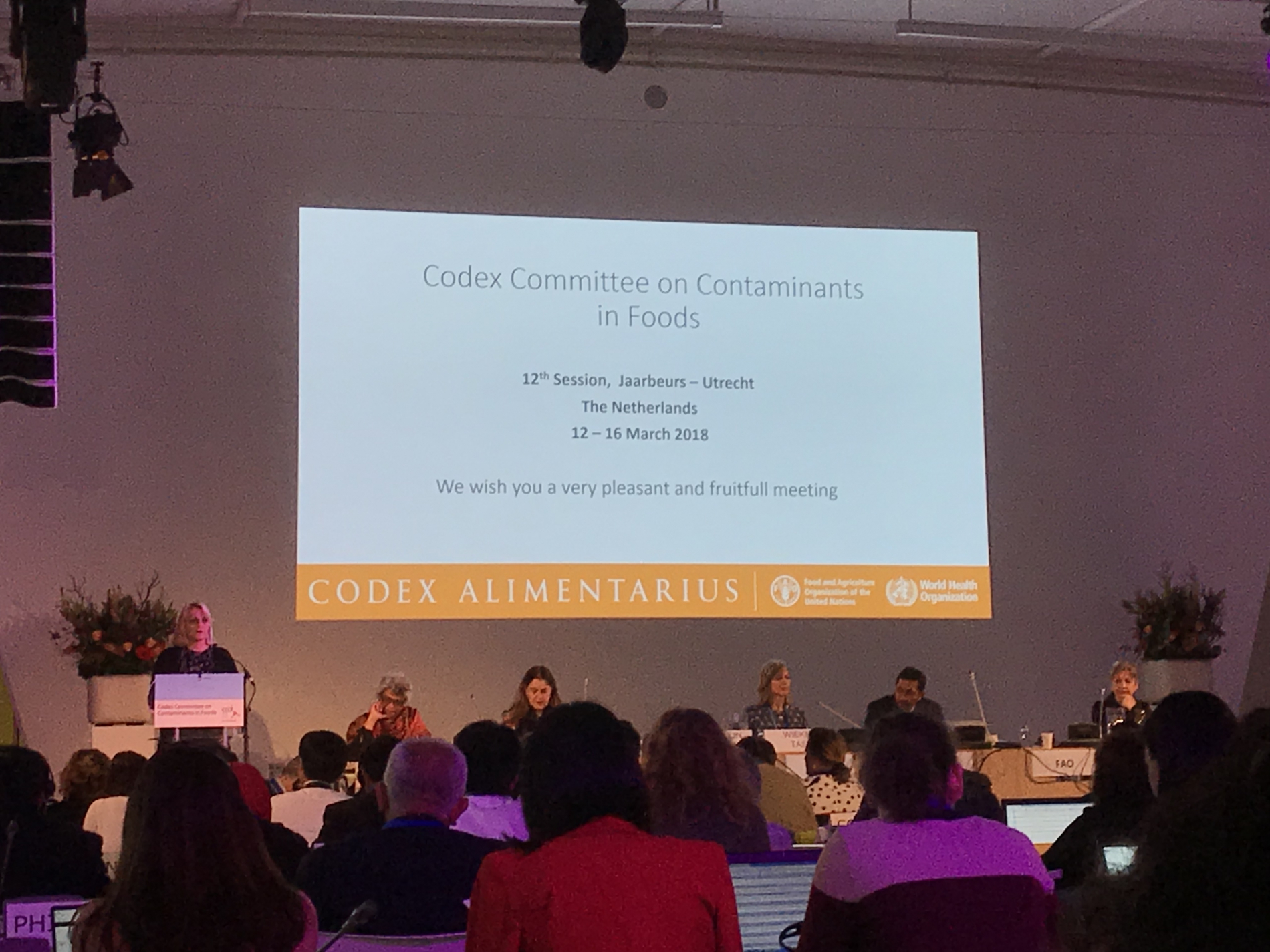
Several delegations remarked that the data considered by the electronic working group comprises data on beverages other than grape wines. For the setting of maximum limits, it would also be appropriate to take into account the specific characteristics of certain types of wines, such as fortified wines.
The OIV's recommendations
The representative of the OIV indicated that the International Organisation of Vine and Wine has adopted various recommendations on lead in wines over many years; in 1996 in particular, the OIV set a maximum limit at 0.20 mg/L, which was approved by the Codex in 2001. In 2006, the OIV established a new maximum limit of 0.15 mg/L, which is still in effect today.
The OIV drew the attention of the CCCF to the fact that an overly low limit, based only upon a statistical analysis of the samples and not specifically justified from a strictly health-related point of view, could have significant consequences on international trade.
On the basis of data from the working group, a maximum limit of 0.05 mg/kg would eliminate around 3% of wines (7.5 million hectolitres of wine), which would be excluded from the international wine trade, as well as a large proportion of fortified wines (24%).
In addition, Jean-Claude Ruf also indicated that the OIV is continuing to work on this issue and, in particular, has already initiated a discussion on the potential reduction of the current limit (0.15 mg/L). The Scientific Coordinator encouraged the CCCF to take into account the new work of the OIV on this issue, in order to avoid any duplication or inconsistency with respect to potential limits in the future.
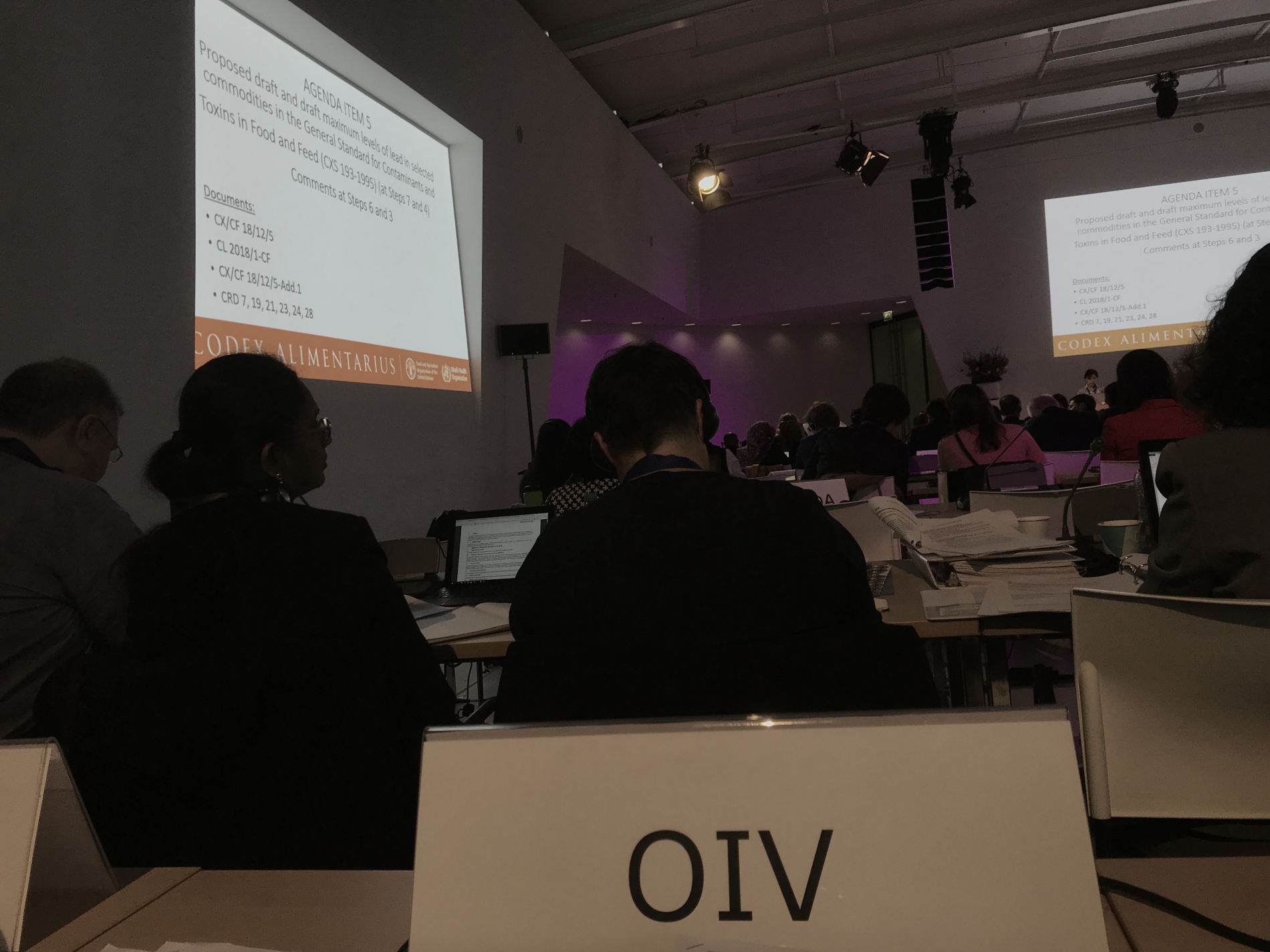
A topic for discussion next year
After discussion, and after taking into account all of the information – in particular that which was mentioned by the OIV – the CCCF, at the proposal of its President, decided to postpone discussion of the maximum limit on lead in wine for the coming year.
The working group presided by the United States was renewed with this objective of focusing on evaluating the specific characteristics of fortified wines.
Moreover, the Committee also agreed to launch new work on the revision of the Code of Practice for the Prevention and Reduction of Lead Contamination in Foods (CAC / RCP 56-2004), adopted by the Codex in 2004, in order to incorporate means of reducing the lead content in wines.
Furthermore, the CCCF agreed to present a reduction in the maximum limit on lead in grape juices from 0.05 mg/kg to 0.04 mg/kg to the Codex Committee for final adoption.

At the invitation of the President of the Saint-Yves conference (the oldest association of legal professionals in the Grand Duchy of Luxembourg), Mr William Lindsay Simpson, and of the Director of the Vine and Wine Institute and also Luxembourg OIV delegate, Mr Robert Ley, Jean-Marie Aurand gave a conference in the capital on 15 March dedicated to the regulatory role of the OIV and its impact on the global vitivinicultural sector.
This conference was open to a diverse audience: representatives of the vitivinicultural sector, ambassadors, members of European Union institutions working in the Grand Duchy, legal professionals... It also played host to the Minister for Agriculture, Viticulture and Consumer Protection, Mr Fernand Etgen.

During his introduction, the Minister gave a presentation on Luxembourg viticulture, emphasising the substantial efforts made by grape growers to improve the quality of wines, supported by public policies that have been put in place.
1250 ha of vines along the banks of the Moselle
The Grand Duchy has 1250 ha of vines along the banks of the Moselle, with an average annual production of 110 000 hL of wine – 90% of which are white wines, and 25% of these crémants.
Mr Fernand Etgen reminded those present that Luxembourg was one of the eight founding members of the OIV in 1924 and assured the Director General of his country’s full commitment to the Organisation.
Jean-Marie Aurand gave a panorama of the state of the global vitivinicultural sector, highlighting the major issues for the future and the role of the OIV within this context.
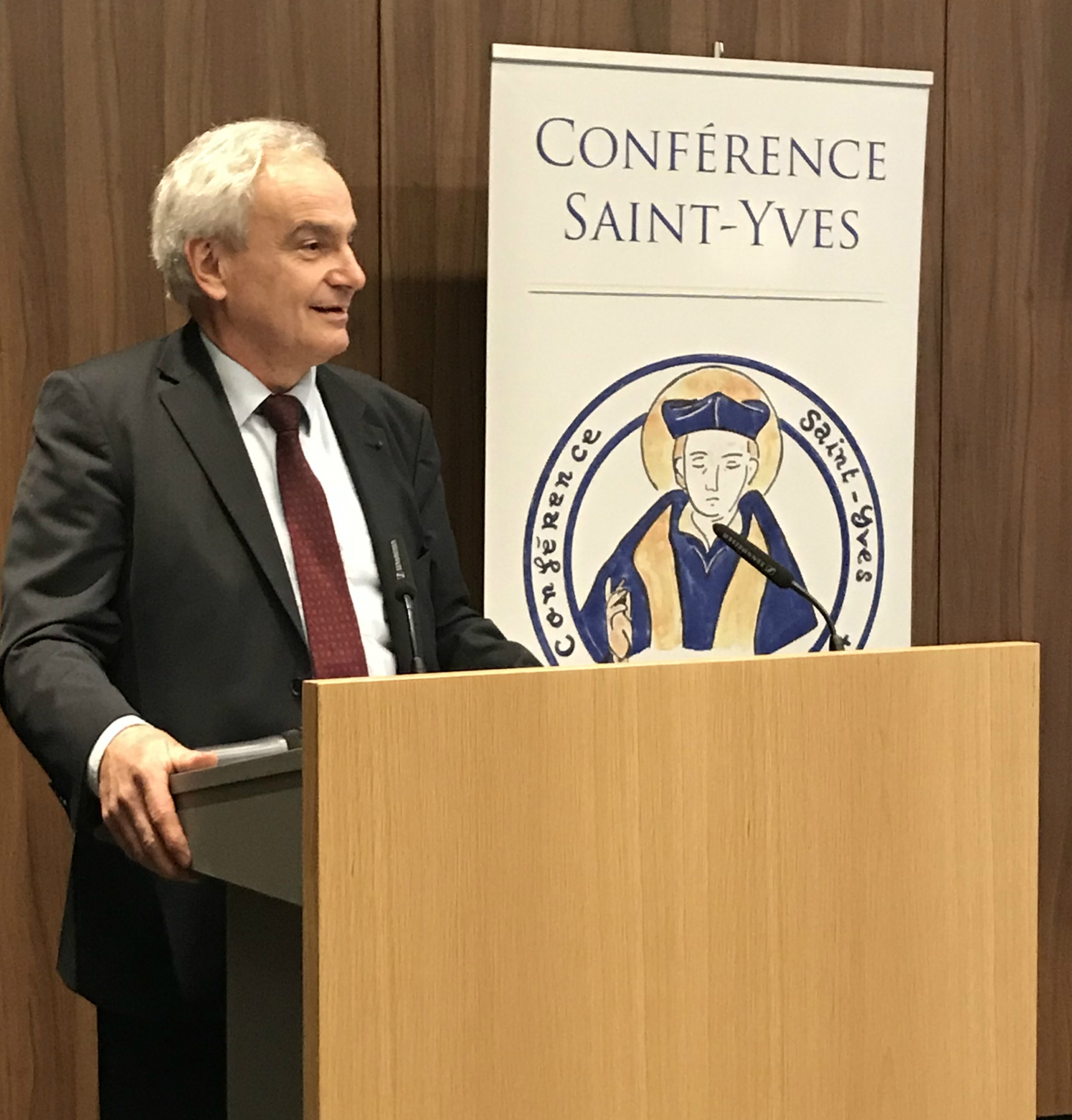
He also praised the high level of involvement of Luxembourg in the work of the OIV and the unfailing support that the Grand Duchy has given the Organisation.